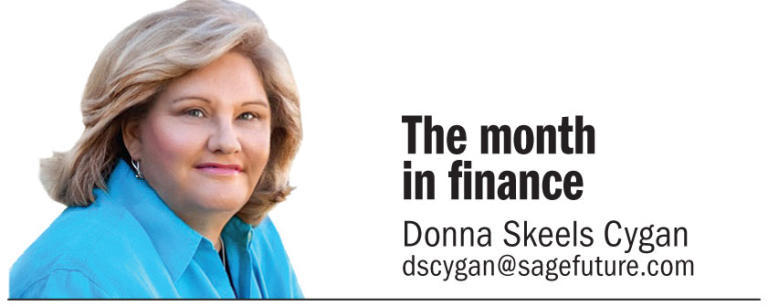This month I will be posting a series of articles that were published on the Albuquerque Journal. These articles will explore the relationship between money and happiness. This weeks topic covers taxes!
Taxes were on everyone’s mind in April. It is estimated that the average American household paid $13,000 in 2015 taxes (money.cnn.com 4/18/16). In 1913 – the first year of the income tax – 358,000 personal tax returns were filed because only the rich had to file. In 2015, an estimated 145 million individual tax returns will be filed in the U.S. Individuals and tax preparers reportedly spent over 6 billion hours preparing tax returns for 2015 (WSJ 4/9/16).
Where do your tax dollars go?
Roughly 25 percent of each of our tax dollars goes to pay for health insurance programs, including Medicare, Medicaid, the Children’s Health Insurance Program (CHIP) and the Affordable Care Act (ACA). Social Security consumes 24 percent of each dollar, and defense and international security assistance gets 16 percent. Safety-net programs (unemployment income, food stamps, school meals, low-income housing assistance, child-care assistance and others) take 10 percent, benefits for federal retirees and veterans requires 8 percent, interest on debt consumes 6 percent, education gets 3 percent, and everything else (transportation infrastructure, science and medical research, international non-security and all other) takes 8 percent. (Center on Budget and Policy Priorities, www.cbpp.org/research/federal-budget/policy (4/20/16).
The risk of negative interest rates
The countries of Japan, Denmark, Sweden, Germany, France and Belgium all have issued government bonds with negative interest rates. This means that, rather than lending your money to the government (by buying a government bond) and expecting a positive yield, or depositing your money in a bank and expecting a positive interest rate, an investor pays the government (or bank) to hold the money. This strategy is used by a country’s central bank to stimulate a weak economy and raise inflation. The hope is that commercial banks will lend more money at very low interest rates, and commercial bank customers will borrow more and spend more (NYT 3/6/2016). Negative interest rates can be damaging, according to Allianz Chief Economic Adviser Mohamed El-Erian. He stated, “Negative rates prevent services such as insurance companies and pensions to get the yields they need to thrive, not to mention the chilling effect negative rates have on savers.” (cnbc.com 3/18/2016).
Although the U.S. has not issued bonds with negative interest rates, it is closely monitoring the negative rates in Japan and several European countries. The Federal Open Market Committee (FOMC) established a near-zero target range for the federal funds rate in late 2008 (federalreserve.gov/monetarypolicy/openmarket.htm). Federal Reserve Chair Janet Yellen wants to continue raising interest rates in the U.S. during 2016 after raising them for the first time in eight years on Dec. 16, 2015. The Federal Reserve did not raise interest rates on April 27, 2016, although it has indicated it might decide to raise them in June (WSJ 4/28/2016).
Legal documents
American singer and songwriter Prince died on April 21, 2016, at the age of 57. According to multiple news sources as of April 28, he did not have a will or trust when he died. This is hard to believe, considering his estate was estimated to be worth $300 million at his death and will likely increase in value due to many recordings that have not yet been released. Whenever a celebrity dies, I am amazed when there are no legal documents, which often results in disputes as to who should inherit the assets. The IRS is eager to place a high value on the estate because it will likely be taxed at 40 percent (WSJ 4/18/2016). However, legal documents might still be found and, if Prince left a substantial portion to charity, that portion will avoid taxation.
I encourage you to take the month of May to review your legal documents (wills, trusts, powers of attorney, health care directives and beneficiary statements). Many people do not realize that the beneficiaries you choose for your retirement accounts (traditional IRAs, Roth IRAs, 401(k)s, 403(b)s, TSP accounts), as well as insurance contracts (life insurance policies and annuities), will be distributed to the beneficiaries you listed and not according to your will or trust. It is essential that your legal documents and your beneficiaries all convey your wishes. If they do not, have them revised. If you do not have legal documents, hire an estate attorney to prepare them. (You can access legal documents online, but I value working directly with an attorney so your documents can be customized and your questions answered). If you need to revise your beneficiaries, call the administrator of the retirement plan, insurance policy or annuity and request a “Beneficiary Change” form. We don’t know what tomorrow holds and getting your legal affairs in order will feel great.
Donna Skeels Cygan, CFP, MBA, has been the owner and financial planner for her firm in Albuquerque for 18 years. She is the author of the multi-award-winning book “The Joy of Financial Security.” www.sagefuture.com.



